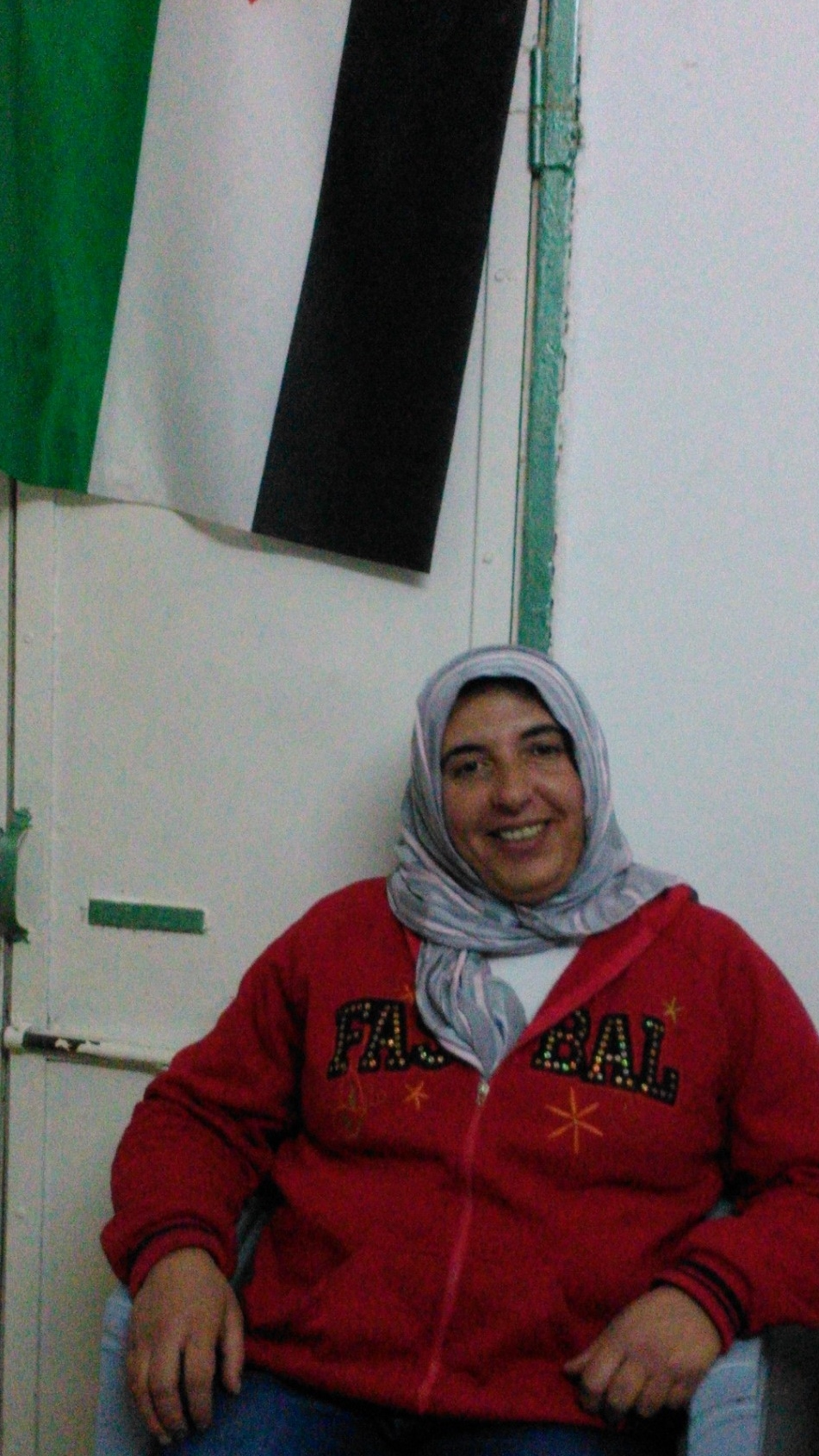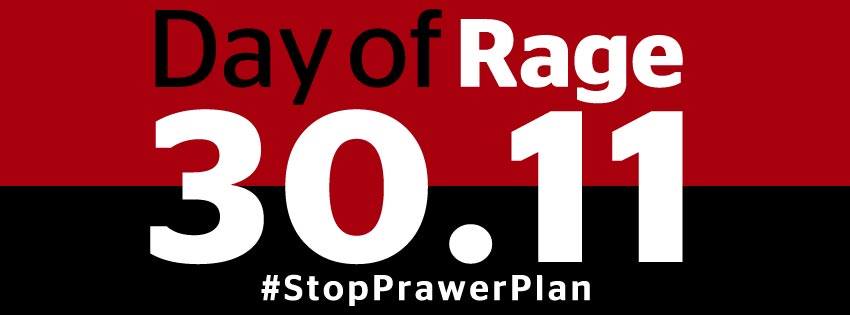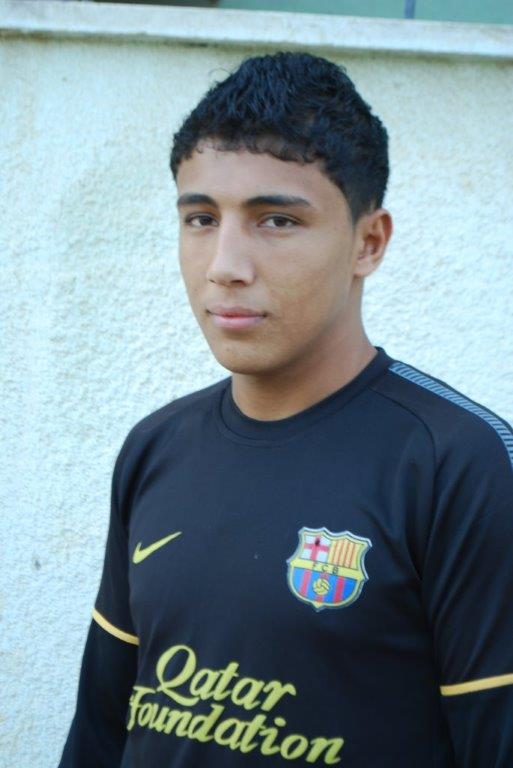Category: Press Releases
-
An interview with Hakima Hasan Motlaq on positive resistance and women’s empowerment in the village of Asira al-Qibliya
6th December 2013 | International Solidarity Movement | Asira al-Qibliya, Occupied Palestine Could you tell us a bit about yourself? My name is Hakima Hasan Motlaq and I am from Asira al-Qibliya where I have always lived. It is south of Nablus and I’m 35 years old and I am married. I am the head of…
-
Day of Rage against the Prawer Plan will be held this Saturday, 30th of November, in the Naqab
10th November 2013 | Prawer Won’t Pass Campaign | Occupied Palestine After a month laden with demonstrations and debates in the Interior Affairs Committee of the Knesset, this Saturday will see the largest event held thus far in the Naqab (Negev), with thousands of protesters expected to arrive from around the country. Parallel protests will be held in Gaza,…
-
Gaza boy remembers Israeli drone strike that maimed him and killed his cousin
18th November 2013 | International Solidarity Movement, Charlie Andreasson | Gaza, Occupied Palestine An hour before dusk, an armed drones flies low over the rooftops, taking its time, seeking. A few miles away, someone sits, perhaps a young man, perhaps a woman, in front of a screen, secure in a command center. Soon this faceless person…



